Today, there is interesting news from the Russian Federation.
Here, the crashing global oil prices deepen the financial burden on Russia, being too dependent on the interests of other countries to maintain its national budget. With Saudi Arabia announcing the refusal to raise the price, their decision delivered a massive blow to the Russian economy.
As of early May, global oil prices have declined significantly, with global average oil prices being around 60 US dollars per barrel, which is the lowest it has been in four years. This downturn is attributed to increased production, including a surprise increase in global production of 411,000 barrels per day in early May. At the same time there is weakened demand amidst global economic slowdown and recession fears.
The Organization of the Petroleum Exporting Countries is a coalition of major oil-producing nations that coordinate oil production policies to stabilize global oil markets. The larger format of OPEC Plus includes original OPEC members plus additional oil-producing countries like Russia and Kazakhstan, expanding the group's influence but making consensus more complex due to differing national interests.

The decision by OPEC Plus to proceed with the production increase, despite existing market oversupply, has intensified concerns about a potential surplus. This move came as a surprise to many analysts who anticipated a more cautious approach given the weak global need for oil, highlighting disagreements among members. But as some members like Russia and Kazakhstan are trying to make quick profits, going against agreed-upon production quotas, countries like Saudi Arabia decided that they have enough.

Specifically, Russia, despite being heavily reliant on oil revenues, has decided to ignore such regulations and increase production. Now the country is paying the price for this, as prices have plummeted, as Saudi Arabia increased the production in retaliation, so as not to miss out on profits. In 2025, the Russian Finance Ministry projected oil and gas revenues at 129.7 billion US Dollars, representing 5.1% of Russian GDP. However, this was based on a much higher oil price of 70 dollars. This means that, for a large part due to declining oil prices, this forecast has been revised downward to 101.47 billion Dollars, marking a staggering 24% decrease in expected energy revenues.

This significant shortfall, amounting to over 28 billion US dollars, is primarily attributed to Urals crude oil trading at around 58 US dollars per barrel, well below the 70 dollars benchmark used in the initial Russian budget planning. Each 10 US dollar drop in oil prices is estimated to cost Russia approximately 17 billion dollars annually. The resulting revenue gap is expected to widen the budget deficit, compelling the Russian government to either increase borrowing, increase taxes, or draw further from the Russian National Wealth Fund, created to serve as a financial safety net established in 2008, which has already seen substantial depletion due to the ongoing cost of the war and economic sanctions.


Saudi Arabia, a key player in global oil markets, has signaled its readiness to tolerate lower oil prices and is unlikely to support further supply cuts to prop up the market. This stance is influenced by frustration over countries like Russia, Kazakhstan, and also Iraq grossly ignoring OPEC Plus production quotas and massively overproducing oil.


By maintaining or even increasing its own production, Saudi Arabia aims to preserve its market share and discourage quota violations. Additionally, the kingdom is focused on diversifying its economy by 2030 and is more than willing to endure short-term revenue losses to achieve long-term goals.


Russia's situation is further complicated by Ukrainian drone strikes that have disrupted up to 15% of its oil refining capacity, equating to a loss of 600,000 to 900,000 barrels per day.

These attacks have forced Russia to halt gasoline exports and prioritize domestic supply, limiting its ability to compensate for lost revenues through increased production.

Overall, with depleted financial reserves and limited options to boost income, Russia faces significant economic challenges. In contrast, Saudi Arabia possesses substantial financial reserves, enabling it to withstand low oil prices for an extended period of time. The kingdom's strategic decision not to reduce production underscores its commitment to enforcing OPEC Plus agreements and pursuing economic diversification. Without support from a key oil market influencer, Russia's budgetary shortcomings are likely to grow, potentially undermining its ability to sustain prolonged military engagements, conduct massive offensives, and affect the broader stability of its economy.










.jpg)
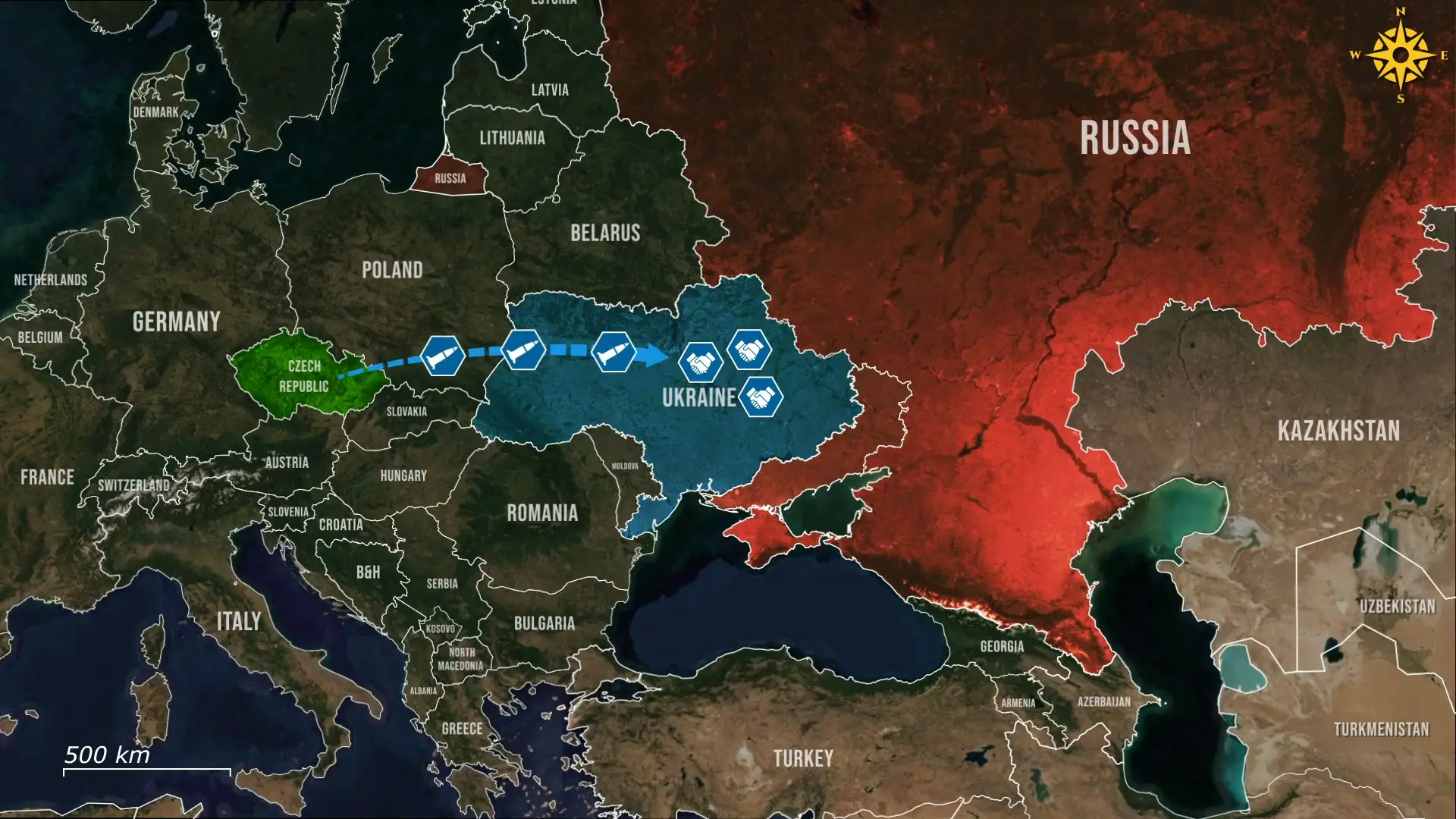
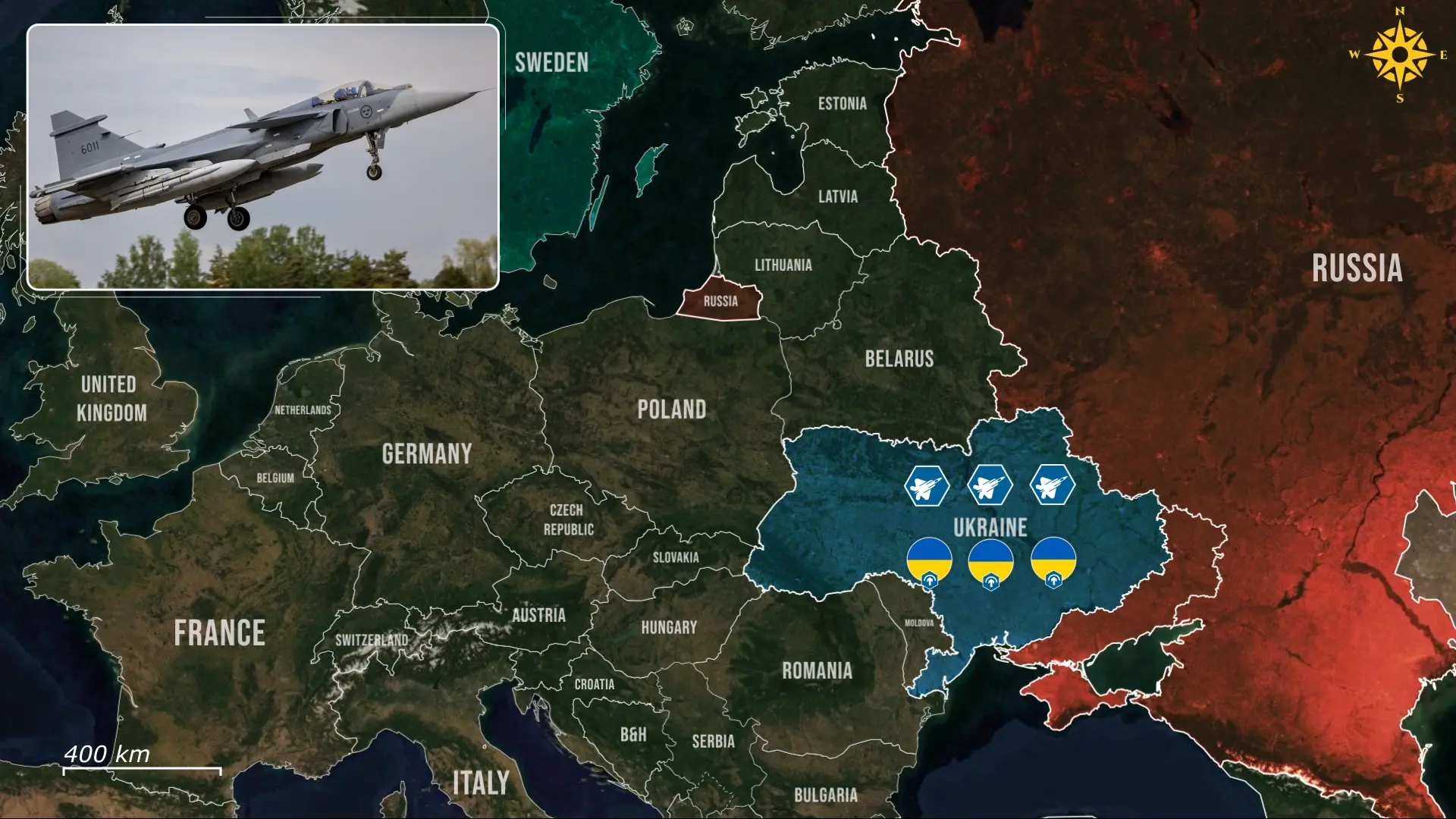
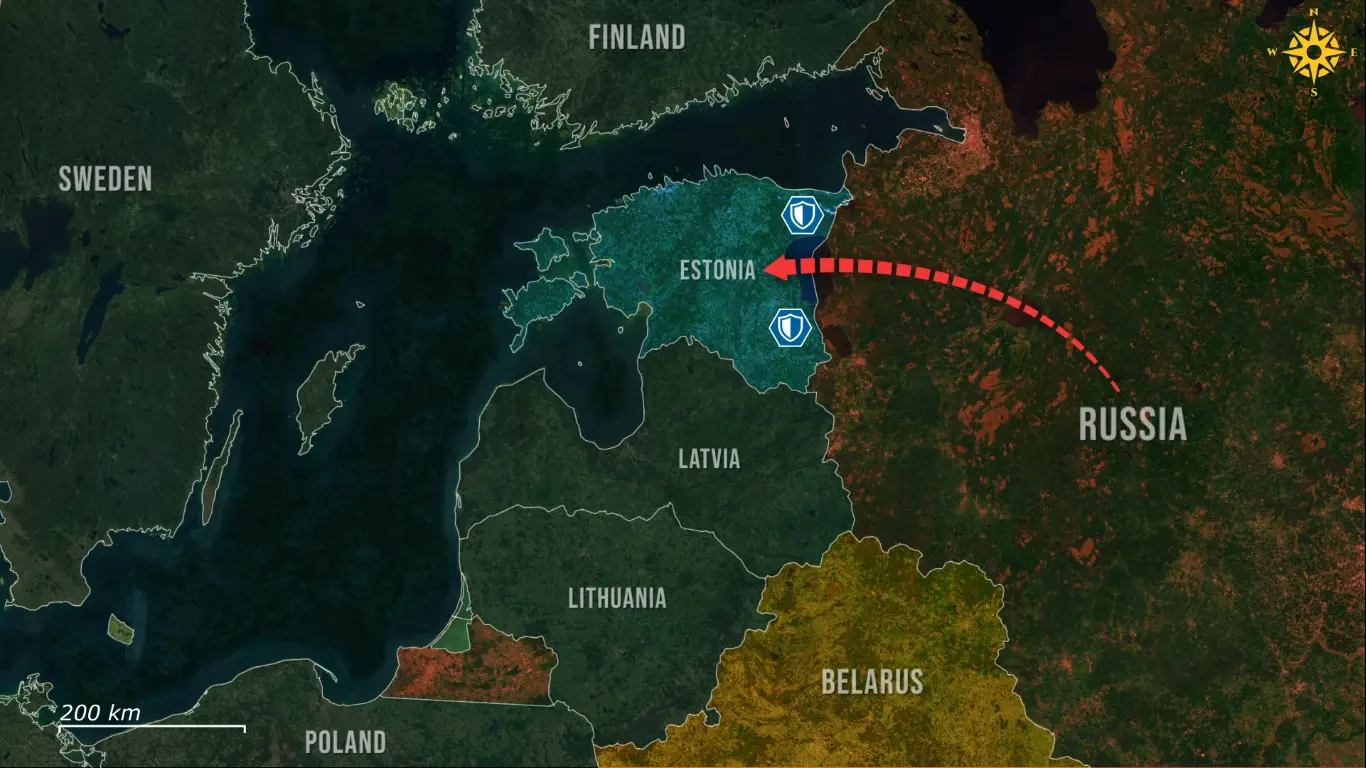
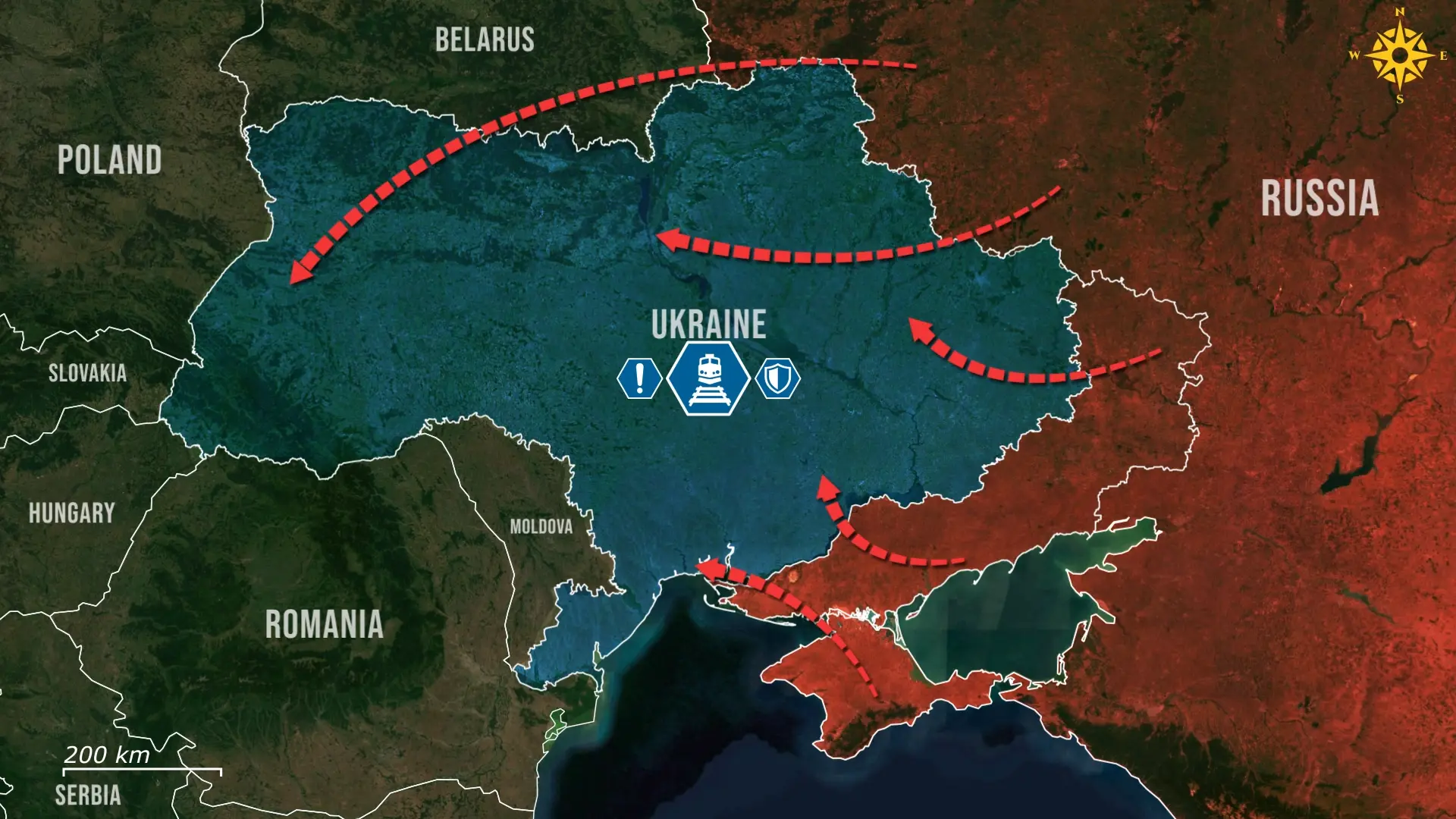
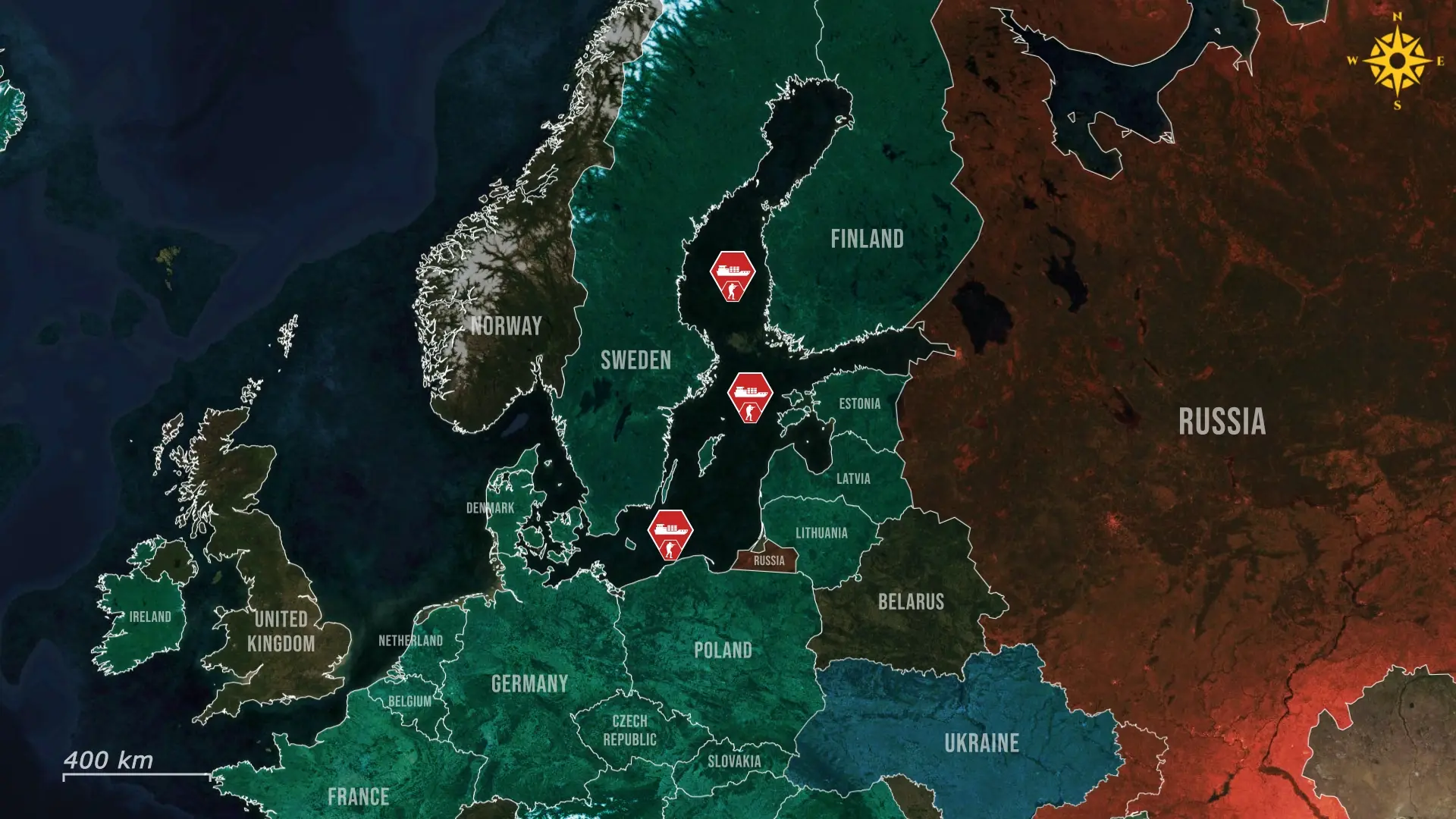
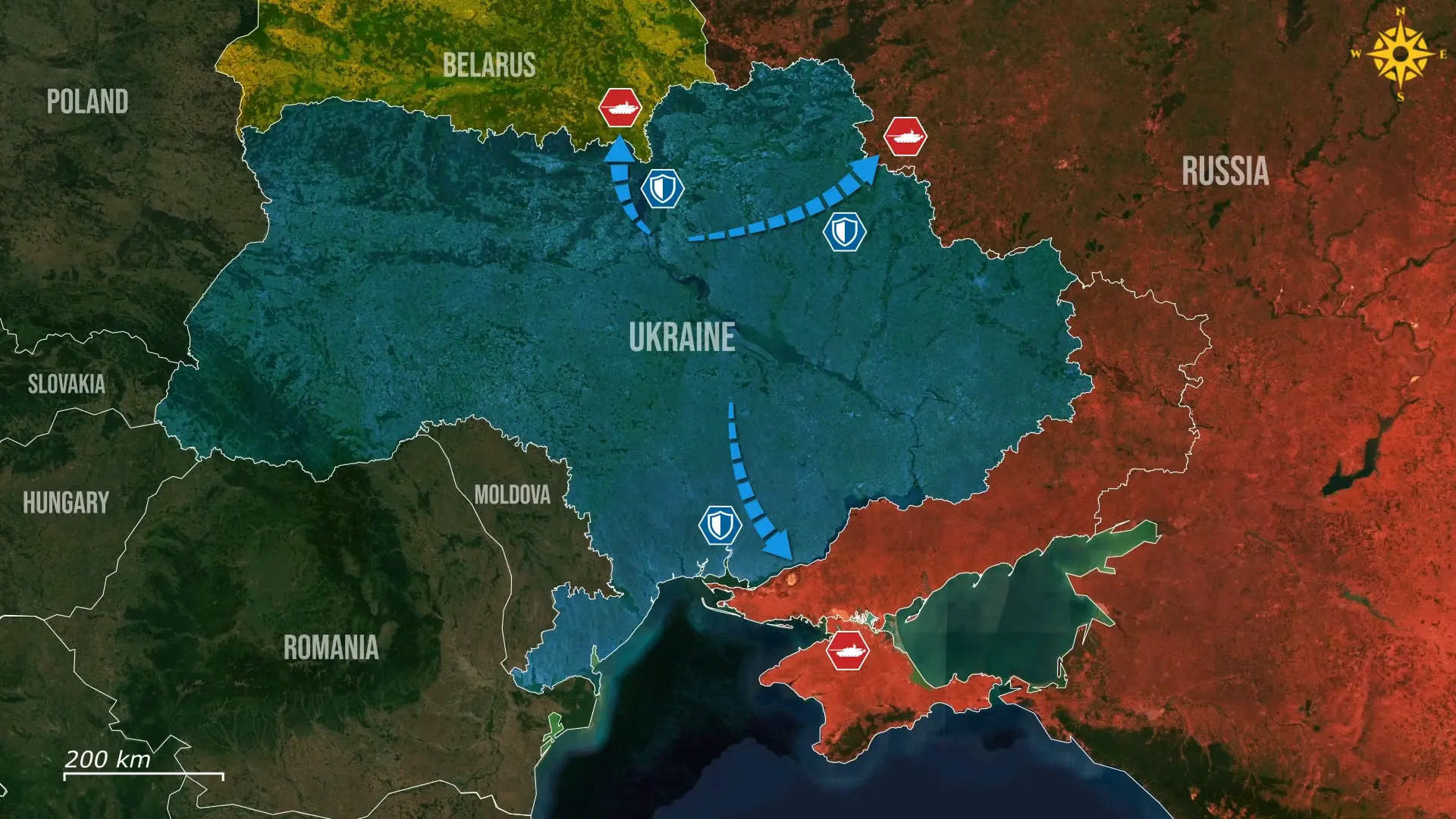
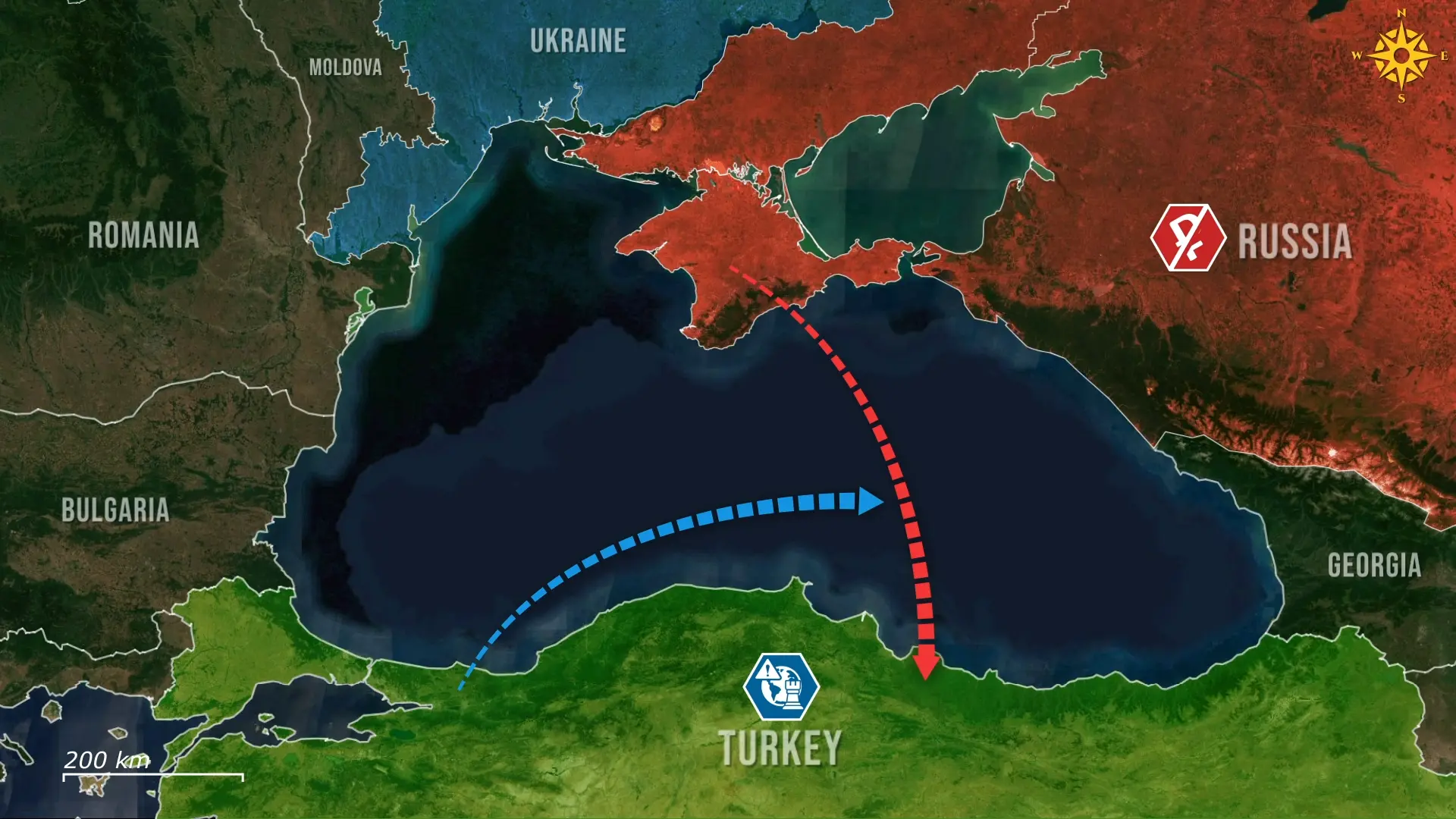
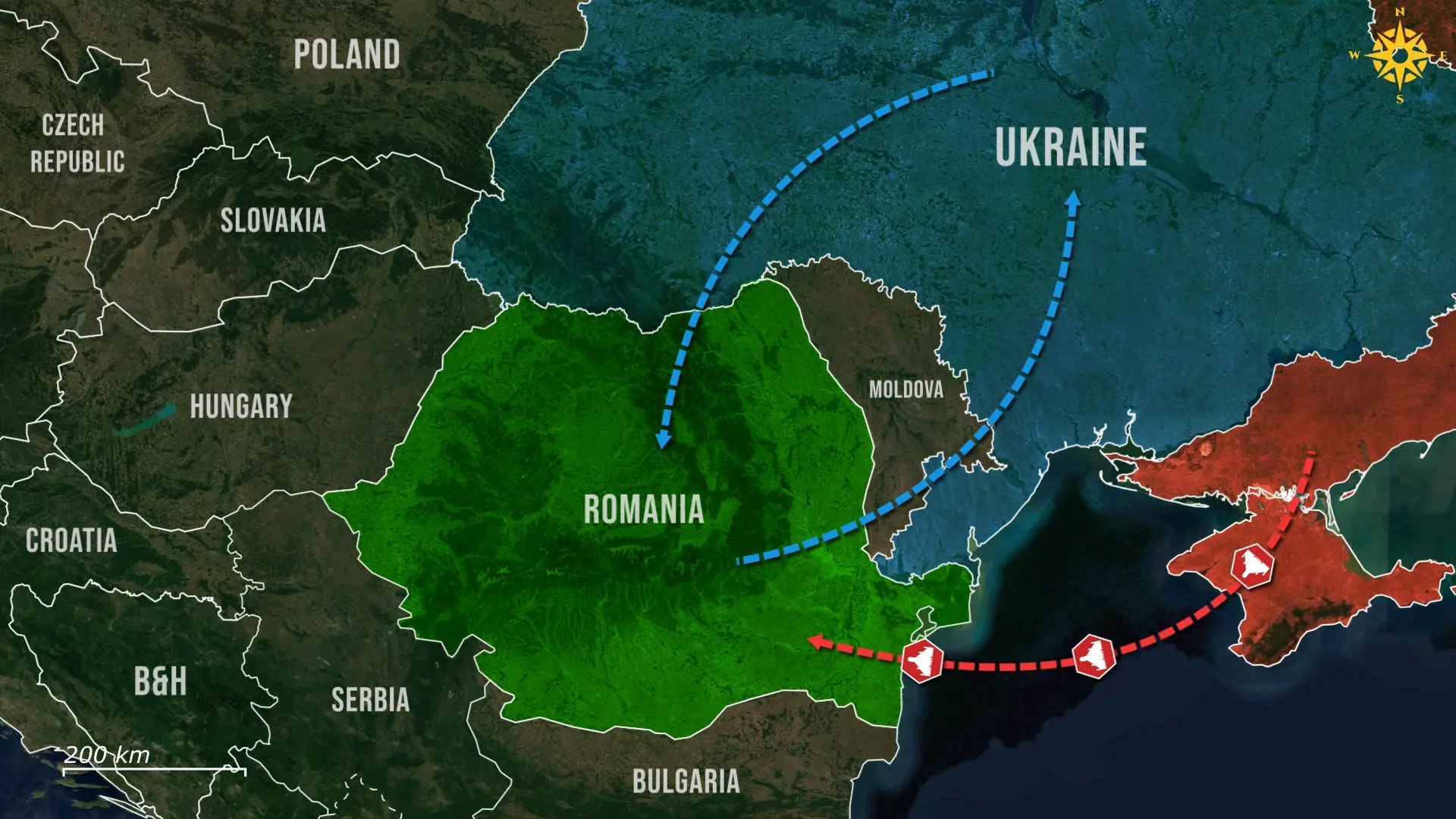
Comments